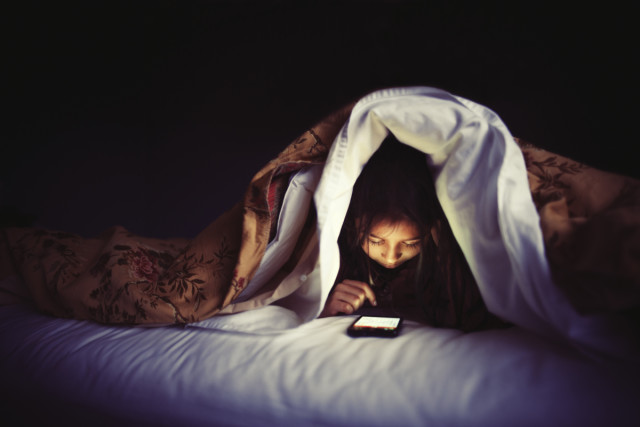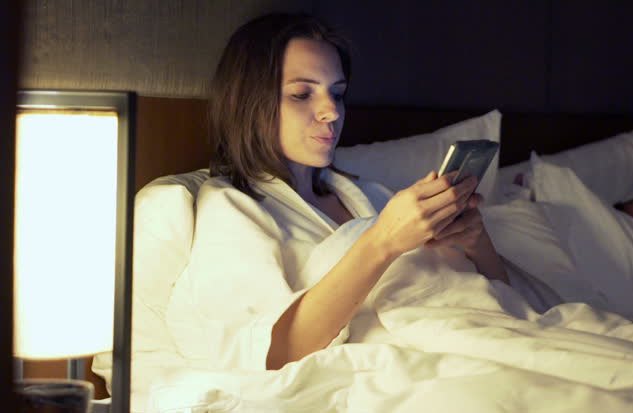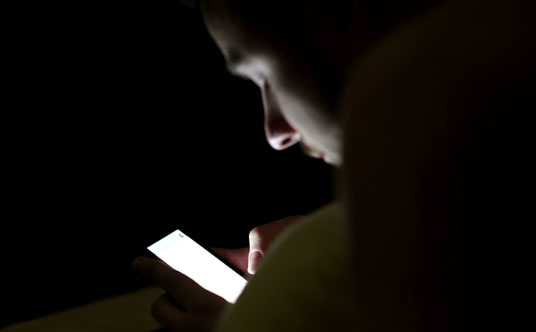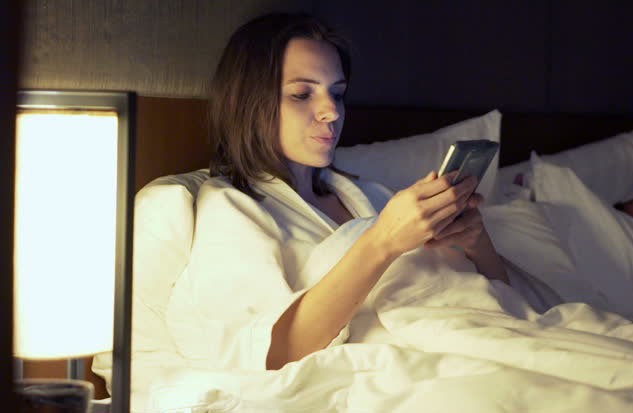 English
English

According to the study, a 58 percent increase in their nighttime melatonin levels, the chemical that signals your body that it’s time to sleep.

Washington D.C: Beware before using smart phone, tablet or watching TV at bed time as a study has found that the blue light emitted from these devices could contribute to the high prevalence of reported sleep dysfunction.
The team analysed participants, aged 17-42, who wore short wavelength-blocking glasses three hours before bedtime for two weeks, while still performing their nightly digital routine.
Also Read: Mobile usage affects sleep, mood and mental health of teens
The results showed that about a 58 percent increase in their nighttime melatonin levels, the chemical that signals your body that it's time to sleep.

Lead study author Dr. Lisa Ostrin from University of Houston in the US said that those levels are even higher melatonin levels.
"The most important takeaway is that blue light at night time really does decrease sleep quality. Sleep is very important for the regeneration of many functions in our body," Ostrin added.
Also Read: Mobile usage affects sleep, mood and mental health of teens
Wearing activity and sleep monitors 24 hours a day, the 22 study participants also reported sleeping better, falling asleep faster and even increased their sleep duration by 24 minutes a night, Ostrin stated.

The largest source of blue light is sunlight, but it's also found in most LED-based devices.
Blue light boosts alertness and regulates our internal body clock, or circadian rhythm, that tells our bodies when to sleep. This artificial light activates photoreceptors called intrinsically photosensitive retinal ganglion cells (ipRGCs), which suppresses melatonin.
Ostrin recommends limiting screen time, applying screen filters, wearing computer glasses that block blue light, or use anti-reflective lenses to offset the effects of artificial light at nighttime. Some devices even include night mode settings that limit blue light exposure.
Also Read: Your poor sleep may increase risk of Alzheimer's

"By using blue blocking glasses we are decreasing input to the photoreceptors, so we can improve sleep and still continue to use our devices. That's nice, because we can still be productive at night," Ostrin said.
The study appears in journal of Ophthalmic & Physiological Optics. (ANI)